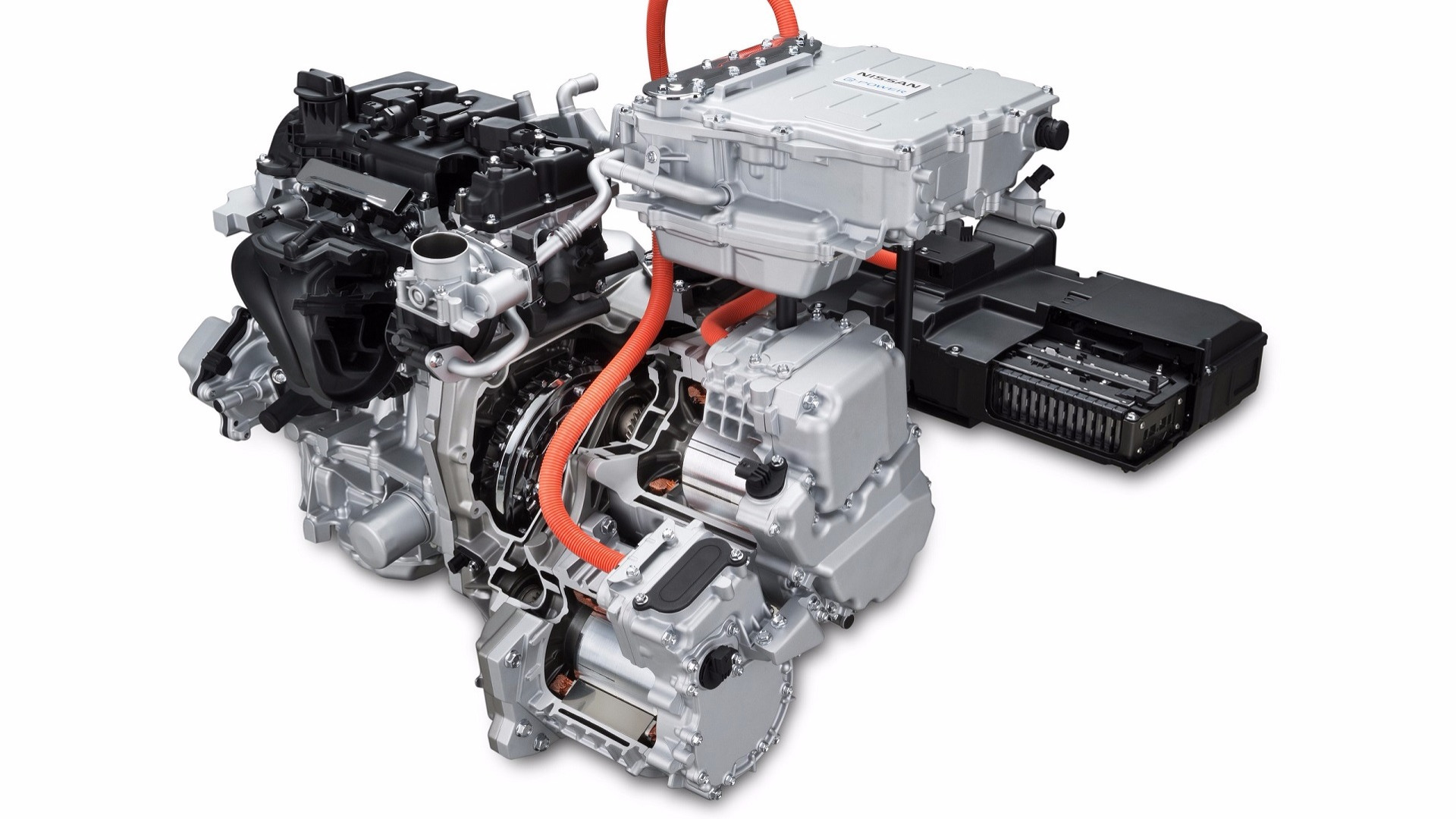Ej84
Member
Hi All,
I am brand-new to all of this. I have never owned an electric vehicle, never owned a BMW, and never even posted In a forum.
Let me get right to it
OPTION 1
2016 BMW I3 Rex
I think its a TERA world,
11,356 Miles,
Price: $23,600
Pros: Price/Miles/Year
Cons: All black leather interior (I prefer the cream leather and white interior)
Was in a rear end fender bender, but nothing sis
I'd get it next week, delivered from some other state
Option 2
2016 Nissan Leaf SL
22k miles
Price: $18,ooo
http://www.automaxatlanta.com/detail-2016-nissan-leaf-4dr_hatchback_sl-used-17223847.html
Pros: Cheaper, bigger trunk, more practical, no gas or oil changes ever, I can have it today
Cons: Its not a BMW
Questions
The people trying to sell me the leaf we're mentioning how the maintenance cost in a BMW will be so much higher, is that true?
BMW Rex need oil changes and if so how often?
Are the both equal in reliability and durability?
Again, im such a rookie! ive done a fair amount of reasrch, but im so torn..help me Bro's!!!!!
I am brand-new to all of this. I have never owned an electric vehicle, never owned a BMW, and never even posted In a forum.
Let me get right to it
OPTION 1
2016 BMW I3 Rex
I think its a TERA world,
11,356 Miles,
Price: $23,600
Pros: Price/Miles/Year
Cons: All black leather interior (I prefer the cream leather and white interior)
Was in a rear end fender bender, but nothing sis
I'd get it next week, delivered from some other state
Option 2
2016 Nissan Leaf SL
22k miles
Price: $18,ooo
http://www.automaxatlanta.com/detail-2016-nissan-leaf-4dr_hatchback_sl-used-17223847.html
Pros: Cheaper, bigger trunk, more practical, no gas or oil changes ever, I can have it today
Cons: Its not a BMW
Questions
The people trying to sell me the leaf we're mentioning how the maintenance cost in a BMW will be so much higher, is that true?
BMW Rex need oil changes and if so how often?
Are the both equal in reliability and durability?
Again, im such a rookie! ive done a fair amount of reasrch, but im so torn..help me Bro's!!!!!


